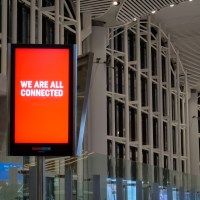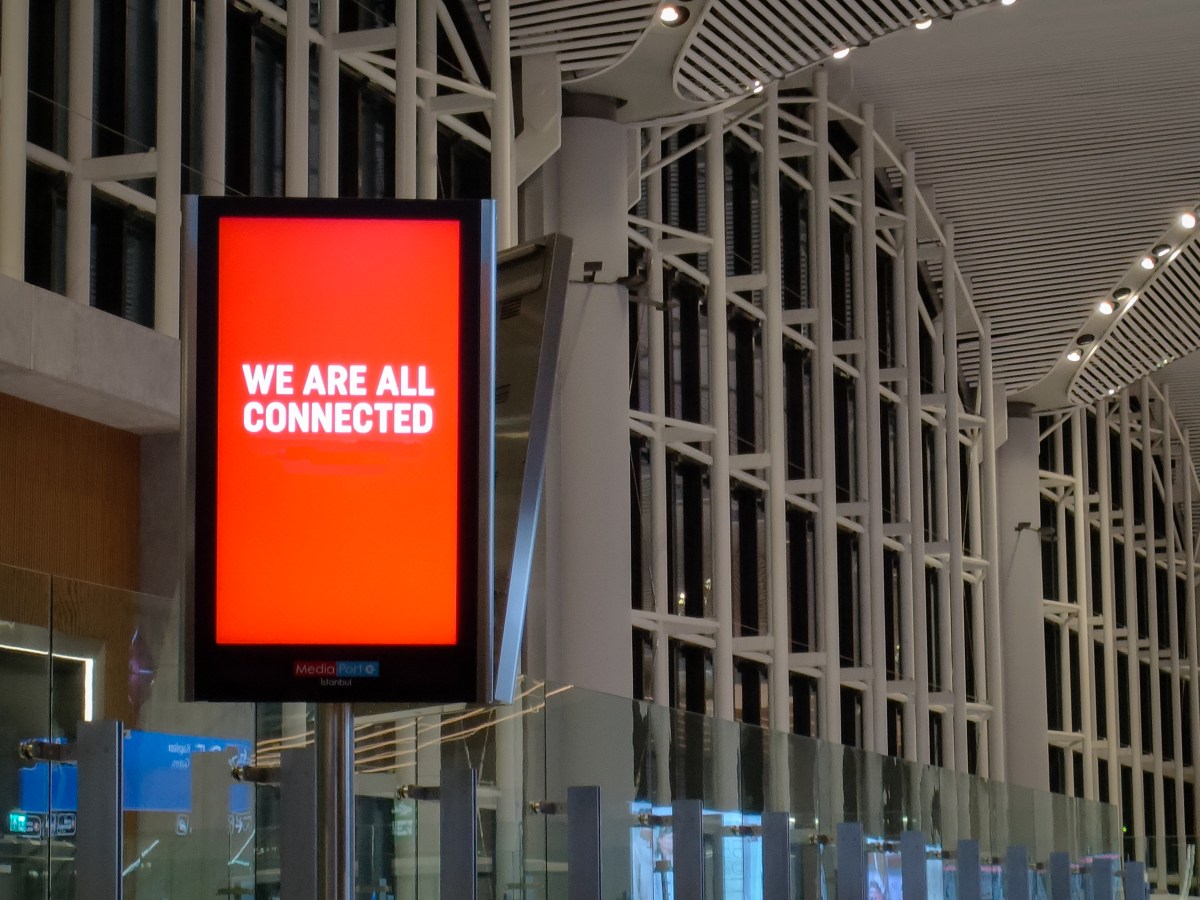True peace is more than laying down arms. It requires creating conditions where everyone can thrive. Building a world where empathy, respect, and upholding dignity overcome competition, suspicion, and fear starts with ourselves. In celebration of the International Day of Peace, here are nine tips to foster peace in our communities.*
Lesson One: Get Ready for the Long Haul
Instant messaging. TikTok. Snapchat. We have shorter attention spans and expect immediate gratification. Building intentional relationships, considering our own biases, and developing partner-centered listening skills, all of which are necessary for true peacemaking, take time. It’s smart to have realistic expectations.
Lesson Two: Validate Others’ Emotions and Experiences
Do you remember being a kid and really crying over something an adult told you was “no big deal?” How did that make you feel? Respecting others means not discounting how someone feels or what they have experienced. Validating the emotional reality of someone’s life sets a foundation from which to build peace.
Lesson Three: Pick Your Battles
You do not have to enter every argument someone extends. Arguing over every belief difference makes all arguments unimportant. Learn to recognize the difference between curiosity-driven questions and got-you questions.
Lesson Four: Meet People Where They Are
Our story is not your story. People progress at different speeds, so it’s important to meet someone where they are and walk alongside them. Listen with wonder, question with curiosity, and engage with respect. Changing hearts and minds takes time. Each person’s journey is their own.
Lesson Five: No One is Always Right
We all think our own view of the world is the right one, forgetting that learning is a lifelong endeavor. As peacemakers, we should be open to the question, “What if I am wrong about this?” and be open to learning something new.
Lesson 6: We Don’t Have to Agree
We can hold different views; the way we present those views is what matters. The way we carry ourselves should leave space for others. We should express our opinions with the same respect we’d like to experience from others. A basis of mutual respect leads to better intentional conversations.
Lesson 7: People are Complex
No one embodies a single story. When we stereotype others, we deny their individuality and unique intricacies, making it easier to dismiss their viewpoints. Recognizing the complexities of others helps us understand ourselves and others more generously.
Lesson 8: Step Outside Our Bubbles
We naturally gravitate to places where people think like us, look like us, and live like us, but real growth happens when we are pushed outside our comfort zone. We should engage in spaces where our point of view is in the minority so that we can shed light on our blind spots.
Lesson 9: Show Up for One Another
As Dr. Martin Luther King Jr. said, “Injustice anywhere is a threat to justice everywhere.” Showing up only when the fight is personal makes the fight about power, not justice. If we believe we belong to each other, we will fight injustice with love and respect for human dignity wherever and whenever we find it.
*These tips are inspired by a talk Sarah Bauer Anderson gave to Preemptive Love’s Community Team.


